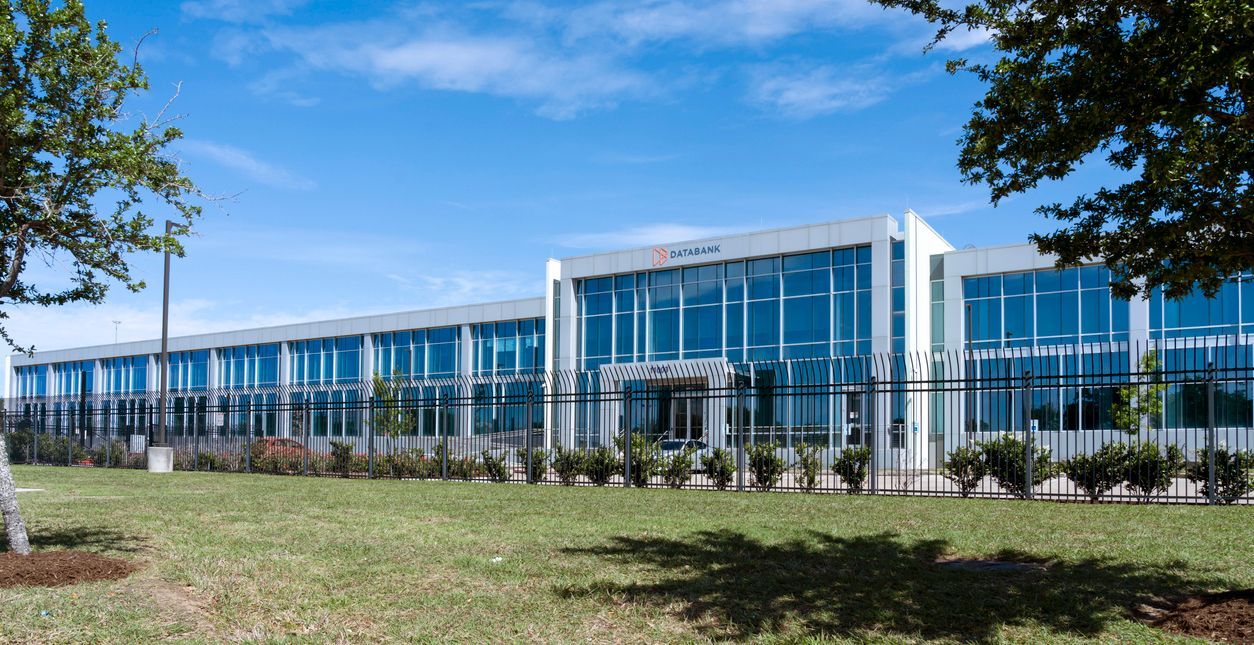Harnessing the Economic Potential of Wastewater Heat Recovery
Strengthen the Bottom Line & Contribute to a More Sustainable Future
Wastewater heat recovery, once seen as a mere byproduct of sewage treatment, is now being recognized as a significant untapped resource with immense economic potential. As industries and municipalities seek sustainable solutions to reduce energy costs and carbon footprints, wastewater heat recovery presents itself as a promising avenue. This article delves into the economic dimensions of wastewater heat recovery, exploring its benefits, challenges, and the evolving landscape of investment and policy.
The Economic Value Proposition
At its core, wastewater heat recovery involves capturing the thermal energy embedded in wastewater and repurposing it for heating or cooling generation. This process can significantly reduce the energy consumption of facilities, leading to substantial cost savings. Moreover, by utilizing a resource that would otherwise go to waste, organizations can enhance their sustainability credentials and reduce reliance on fossil fuels.
Industries such as food processing, manufacturing, and data centers, which generate substantial amounts of warm water as a byproduct, stand to benefit immensely from wastewater heat recovery systems. By integrating these systems into their operations, companies can lower their energy bills, improve efficiency, and gain a competitive edge in an increasingly sustainability-focused market.
Municipalities are also realizing the economic advantages of wastewater heat recovery. By harnessing the heat from sewage, cities can reduce the energy demands of wastewater treatment plants and adjacent facilities such as swimming pools, hospitals, and residential buildings. This not only cuts operational costs but also alleviates pressure on the grid during peak demand periods.
Challenges & Considerations
While the economic benefits of wastewater heat recovery are evident, several challenges hinder its widespread adoption.
- Investment Requirements - One key obstacle is the upfront investment necessary to implement these systems. Despite the potential long-term savings, many organizations may be deterred by the initial capital outlay.
- Development of Efficient Heat Recovery Systems - Furthermore, the variability in wastewater flow and temperature presents technical challenges. Engineers must develop solutions that can adapt to fluctuations in flow rates and temperatures to ensure consistent performance.
- Regulatory Landscape - While some regions offer incentives and subsidies to encourage the adoption of renewable energy technologies, others lack supportive policies or regulatory frameworks. Policymakers play a crucial role in incentivizing investment in wastewater heat recovery through favorable tax credits and grants.
Emerging Trends & Opportunities
Despite these challenges, several trends indicate a growing momentum towards wastewater heat recovery.
- Technological advancements, such as improved heat exchangers and innovative system designs, are making these solutions more cost-effective and efficient.
- Climate change awareness and the imperative to reduce greenhouse gas emissions are driving companies and municipalities to explore sustainable alternatives. Environmental harm caused by traditional energy sources has become more apparent which is strengthening the economic case for wastewater heat recovery.
- Collaboration between the public and private sectors is also fostering innovation in this space. Partnerships between utilities, technology providers, and government agencies are facilitating the deployment of large-scale wastewater heat recovery projects and driving down costs through economies of scale.
Unlock the Full Value of This Renewable Energy Resource
Wastewater heat recovery holds immense economic potential, offering cost savings, energy efficiency, and environmental benefits. While challenges remain, concerted efforts from stakeholders across sectors can overcome these barriers. By embracing wastewater heat recovery, industries and municipalities can not only bolster their bottom line but also contribute to a more sustainable and resilient future.
The
Sewer Thermal Energy Network (STEN) is a leading innovator in sewer heat recovery solutions. STEN has been established to provide advocacy, education, information dissemination, capacity building, and networking opportunities for cities, municipalities, and wastewater utilities as well as other interested entities. As
a member of STEN, you’ll join a group of the most influential professionals in the industry and you’ll have access to resources that will help you unlock the potential of this sustainable energy source.
We invite you to send a message to begin a conversation that will give you the answers you need…


